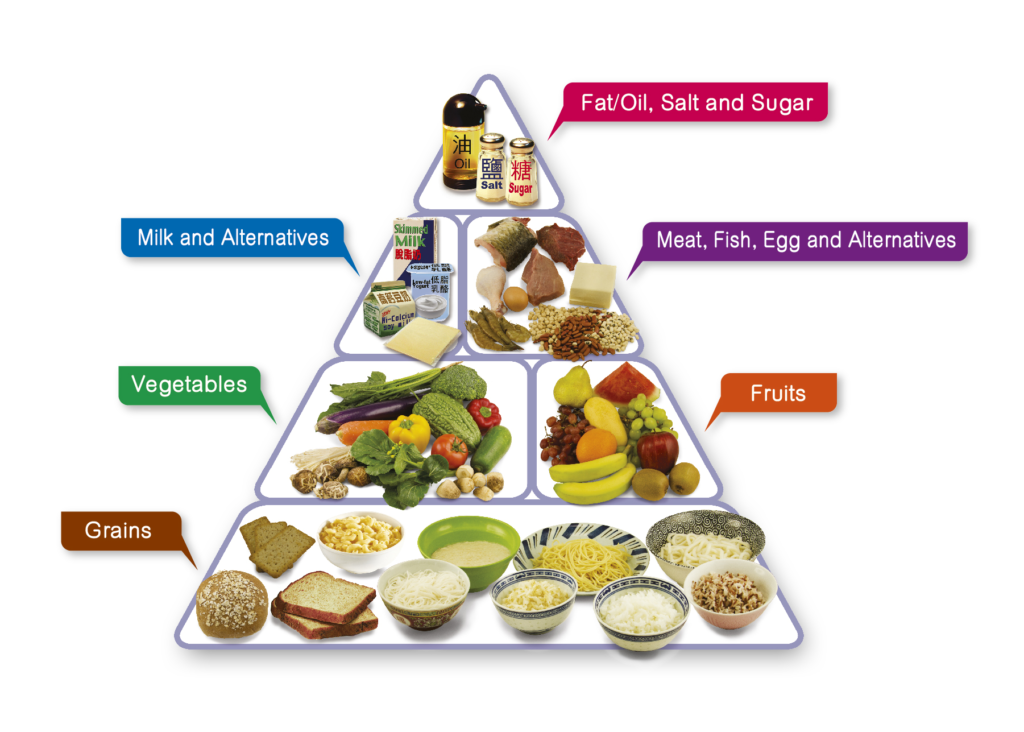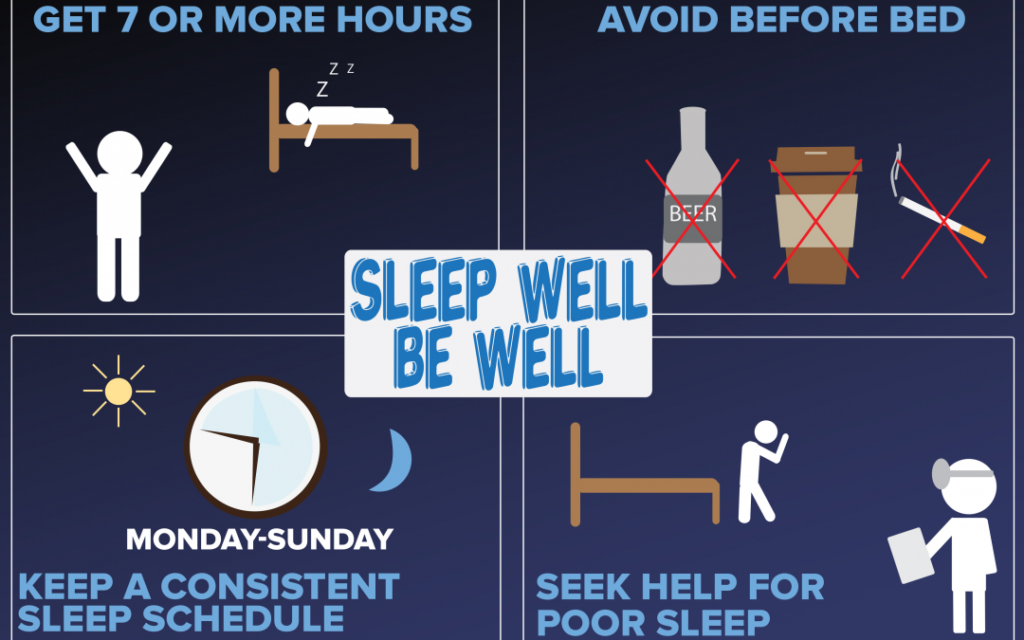Top 10 Healthy Habits to Incorporate into Everyday Life!
“Take care of your body. It’s the only place you have to live.”
Incorporating healthy habits into everyday life is crucial for maintaining physical, mental, and emotional well-being. Healthy habits such as regular exercise, nutritious eating, adequate sleep, and stress reduction techniques can lead to improved energy levels, decreased risk of chronic diseases, better mood, and overall quality of life. Exercise not only helps maintain a healthy weight but also strengthens the heart, reduces the risk of diabetes, and promotes good mental health. A balanced diet consisting of whole foods, fruits, and vegetables can reduce the risk of obesity, heart disease, and certain types of cancer. Sufficient sleep is necessary for the body to repair and restore itself, and inadequate sleep has been linked to an increased risk of depression and anxiety. Stress reduction techniques such as meditation, deep breathing, and yoga can help reduce stress, anxiety, and depression. Incorporating healthy habits into everyday life requires commitment and effort, but the benefits to overall health and well-being make it worth the investment.
Here are the top 10 healthy habits to incorporate into everyday life:
- Regular Exercise
Regular exercise is a key component of a healthy lifestyle. Exercise has been shown to improve physical fitness, reduce the risk of chronic diseases such as heart disease, stroke, and diabetes, and improve mental health. It can also help manage weight, strengthen bones and muscles, and improve the quality of life.

To achieve the benefits of exercise, it is recommended to engage in moderate-intensity exercise for at least 150 minutes per week. This can include activities such as brisk walking, cycling, swimming, or strength training. Incorporating regular exercise into daily routines can improve overall health and well-being.
- Eat a Balanced Diet
Eating a balanced diet is essential for maintaining good health. A balanced diet should include a variety of fruits, vegetables, whole grains, lean protein sources, and healthy fats. These foods provide the necessary nutrients for the body to function properly and prevent chronic diseases such as heart disease, diabetes, and cancer. It is recommended to limit the consumption of processed foods, sugary drinks, and saturated fats.

Instead, opt for nutrient-dense foods that provide fiber, vitamins, and minerals. Eating a balanced diet can improve overall health, increase energy levels, and reduce the risk of chronic diseases. Using a range of healthful foods in everyday meals and snacks will help you stay as healthy and happy as possible.
- Get Sufficient Sleep
Getting sufficient sleep is essential for optimal physical and mental health. Sleep is a vital function that allows the body to repair and restore itself, regulate hormones, and consolidate memories. Chronic sleep deprivation has been linked to an increased risk of obesity, heart disease, diabetes, depression, and other chronic illnesses.

To promote restful sleep, it is recommended to establish a consistent sleep schedule, create a sleep-conducive environment, and practice good sleep hygiene habits. This includes avoiding caffeine and electronics before bedtime, reducing noise and light levels, and engaging in relaxing activities such as reading or taking a warm bath. Prioritizing sufficient sleep can improve overall health, enhance cognitive performance, and boost mood and energy levels.
- Manage Stress
Stress is a natural response to challenging or demanding situations, but chronic stress can negatively impact physical and mental health. It can lead to an increased risk of heart disease, digestive problems, anxiety, and depression. Therefore, it is essential to practice stress management techniques to promote overall well-being.

These techniques may include relaxation techniques such as deep breathing or meditation, engaging in physical activity, establishing healthy boundaries and priorities, and seeking support from friends or professionals. Managing stress can improve the overall quality of life, enhance coping skills, and promote mental and physical resilience.
- Stay Hydrated
Staying hydrated is essential for maintaining good health. Water is crucial for various bodily functions, including regulating body temperature, transporting nutrients, and flushing out waste products. Dehydration can lead to symptoms such as fatigue, headache, and dizziness.

To stay hydrated, it is recommended to drink at least 8 glasses of water per day. This can vary depending on factors such as activity level, climate, and health conditions. Other sources of hydration include fruits, vegetables, and soups. Staying hydrated can improve overall health, increase energy levels, and promote optimal bodily functions.
- Practice Good Hygiene
Practicing good hygiene is essential for preventing the spread of infectious diseases and maintaining good health. This includes regular hand washing, covering coughs and sneezes, and avoiding close contact with sick individuals. Good hygiene practices can also help prevent the spread of foodborne illnesses by properly handling and preparing food.

It is also recommended to maintain good oral hygiene by brushing your teeth twice a day and flossing regularly. Practicing good hygiene can reduce the risk of infections, promote overall health, and improve quality of life. The best health and welfare can be promoted by incorporating excellent hygiene practices into daily routines.
- Limit Alcohol Consumption
Excessive alcohol consumption can lead to liver damage, high blood pressure, heart disease, and various cancers. It can also increase the risk of accidents and injuries. To promote optimal health, it is recommended to limit alcohol consumption to no more than one drink per day for women and two drinks per day for men. It is also recommended to abstain from alcohol during pregnancy or when operating machinery or driving.

- Quit Smoking
Smoking can lead to lung cancer, heart disease, stroke, and various other cancers. It can also increase the risk of respiratory infections and exacerbate existing health conditions. To quit smoking, it is recommended to seek support from healthcare professionals or smoking cessation programs. These programs may include nicotine replacement therapy, medication, or counseling.

Eliminating smoking can improve overall health, increase life expectancy, and reduce the risk of chronic diseases. Along with promoting optimum living conditions, it can enhance physical fitness and lung function.
- Take Breaks
Prolonged periods of work or activity can lead to fatigue, burnout, and decreased productivity. Taking regular breaks can improve focus, reduce stress, and promote healthy living. Breaks can include short walks, stretching, or engaging in relaxing activities such as reading or listening to music.

It is recommended to take breaks every 60-90 minutes to promote optimal productivity and well-being. Regular breaks can enhance cognitive function, promote general well-being, and optimal work-life balance.
- Surround Yourself with Positive Influence
For optimum mental health and welfare, one must surround themselves with substantial support. Positive influences can include supportive family and friends, uplifting social media accounts, or engaging in hobbies and activities that bring joy and fulfillment.

Good impacts can elevate mood, alleviate stress, and advance general psychological and emotional health. It is also important to limit exposure to negative influences such as toxic relationships or harmful media content. Cultivating positive influences can strengthen living conditions, encourage resiliency, and increase a sense of fulfillment and purpose.
Conclusion
Maintaining a healthy lifestyle requires a holistic approach that encompasses physical, mental, and emotional well-being. Incorporating habits such as regular exercise, a balanced diet, staying hydrated, and practicing good hygiene can promote optimal physical health. Additionally, taking breaks and surrounding oneself with positive influences can enhance mental and emotional well-being. By implementing these habits and behaviors into daily routines, individuals can promote overall health, reduce the risk of chronic diseases, and improve living standards.











